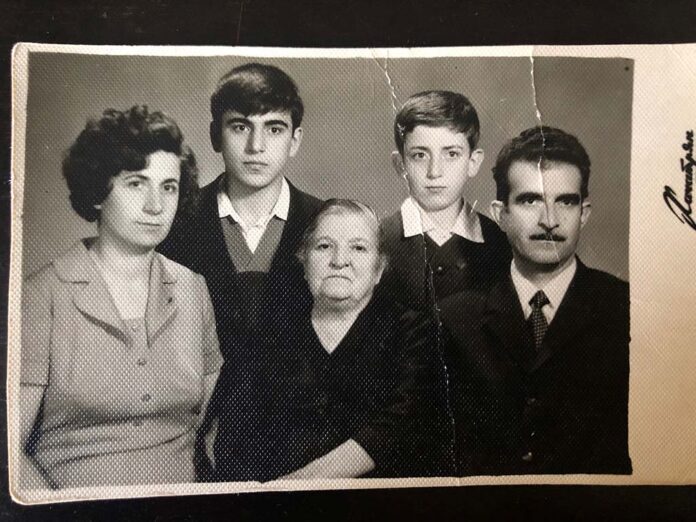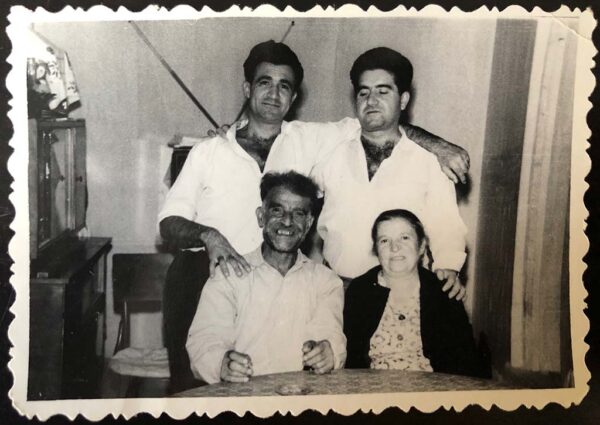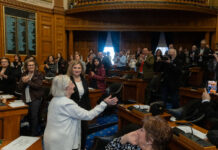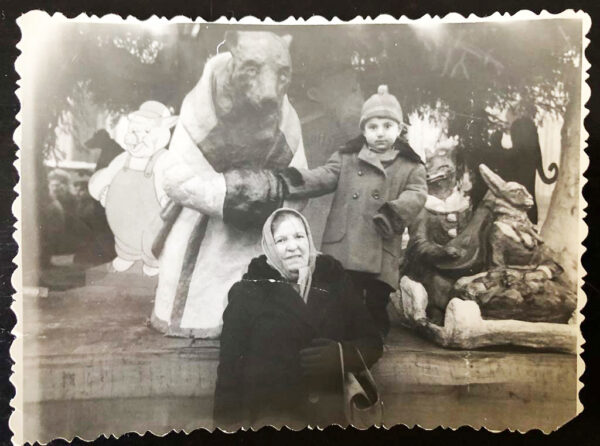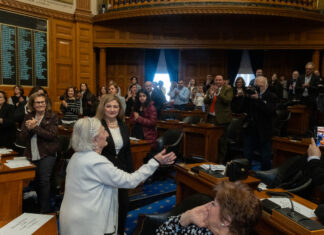By Sedda Antekelian
Over the past month, for the first time, I listened to the testimony of my late great-grandmother, Mary Antekelian, a survivor of the Armenian Genocide. The interview is an audio recording, but I could picture the conversation as if I were in the room – my grandma, Sirvard Antekelian, sitting by her mother-in-law’s side, interjecting throughout the oral history interview to make sure that Mary, then around 81, answered questions clearly and with historical accuracy.
I did not know until a few months ago that my great-grandmother had recorded testimony as part of the Richard G. Hovannisian Oral History Collection, which consists of more than 1,000 audio interviews of Armenian Genocide survivors, recorded under the direction of the esteemed UCLA professor starting in the 1970s. Mary Antekelian recorded her testimony on February 17, 1985. She passed away on August 1, 1986, just a little more than a year before I was born.
USC Shoah Foundation added the Hovannisian Collection to its Visual History Archive in 2018 and has since been working to digitize and index the testimonies. Upon learning that my great grandmother’s testimony had become available, I could not wait to listen to her story and hear her voice for the first time. And, adding to my surprise, I could also hear the voice of my Grandma, Sirvard, which I had not heard since her passing in 2008.
The way in which Mary spoke and the dialogue between her and Grandma were so familiar to me. In fact, over and over while I listened to the testimony, many of my questions were preempted by my Grandma’s demands for clarification. It was as if she could hear the questions that I would also ask 40 years later. My Grandma and I were very close, and I think I owe my deep interest in studying and teaching about my Armenian heritage, in part, to her.
It was following in Grandma’s footsteps that I was called into the field of education. In my role as Learning and Development Specialist at USC Shoah Foundation, I develop educational resources and facilitate workshops for teachers worldwide, presenting effective strategies for how to teach with testimony to help students understand the history of the Armenian Genocide from various perspectives.



